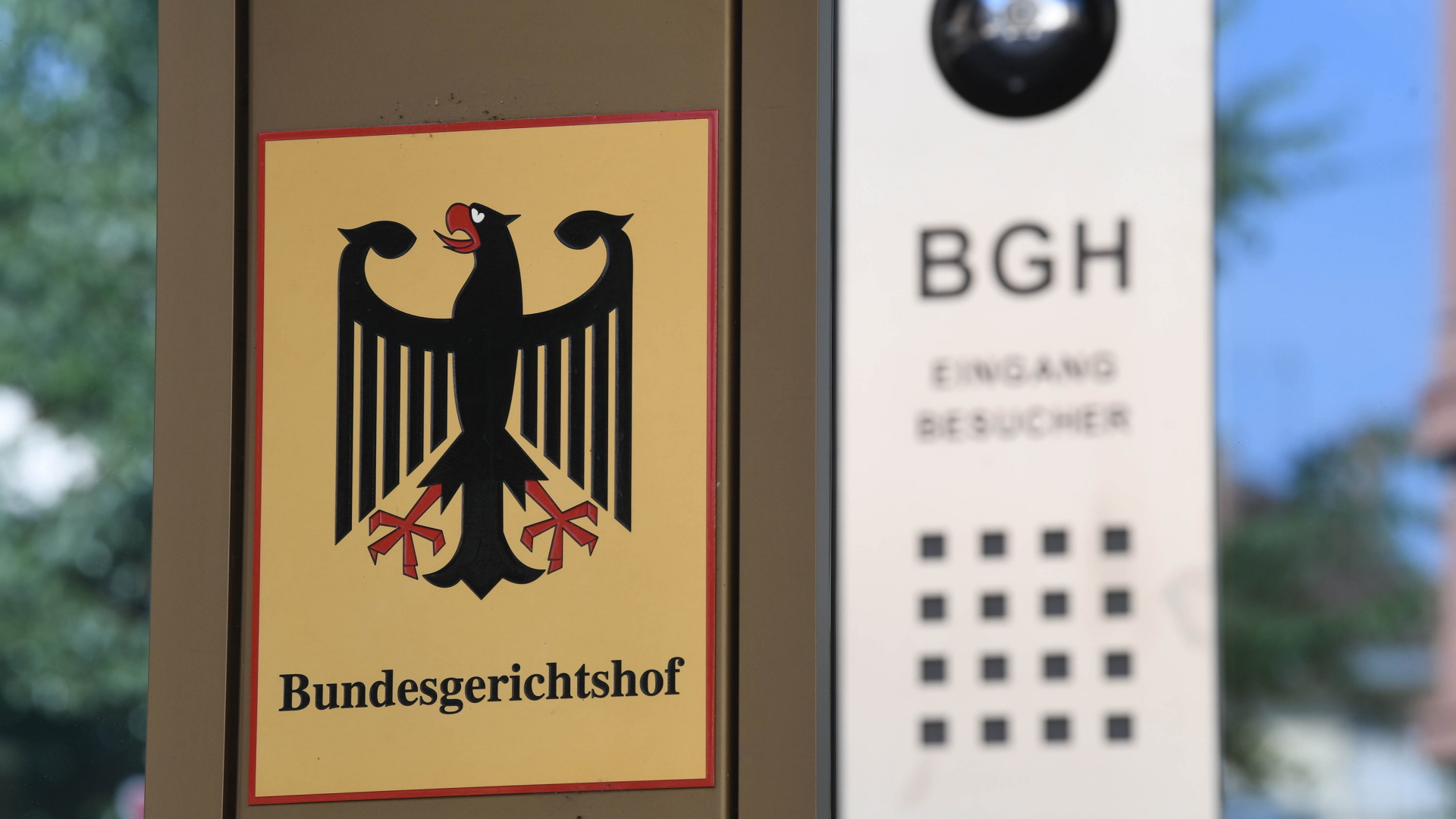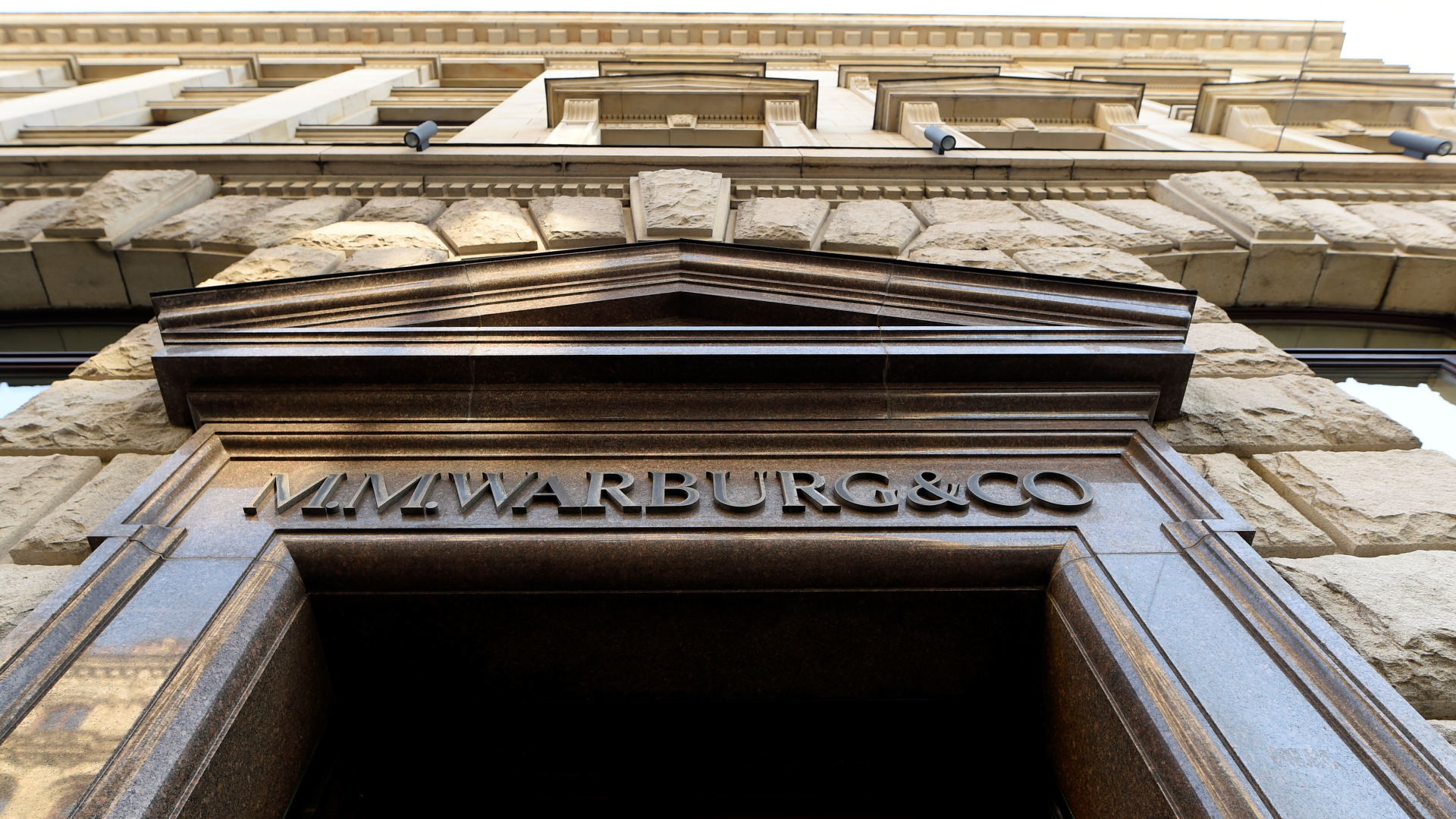
Hearing before the BGH Are CumEx transactions a criminal offense?
Status: 15.06.2021 4:41 p.m.
The first proceedings on CumEx transactions have begun at the Federal Court of Justice. The judges must decide whether the deals are a criminal offense as tax evasion. The verdict will have far-reaching consequences. From Klaus Hempel, ARD legal editors They led to one of the biggest tax scandals in German history, in which the German tax authorities were duped and the state suffered billions in damage: the CumEx business. Investors used loopholes in legal regulations to make big money. They were supported by banks and top lawyers who work in large commercial law firms.
The state escapes taxes running into billions
Essentially, these CumEx deals were about stock dividends. These are profits from stock corporations that are distributed to shareholders. Taxes are deducted directly from this and transferred to the tax office. The shareholders can get the money back under certain conditions. In the CumEx business, investors have used an extremely sophisticated system and have taxes reimbursed that were never paid. At some point the dizziness was exposed. In March 2020, the first defendants were convicted by the Bonn District Court: two British stock traders involved in such transactions. Because they cooperated closely with the prosecutor, they were sentenced to relatively mild suspended sentences. Nevertheless, they appealed to the Federal Court of Justice. He must now clarify in a landmark judgment whether the CumEx business is actually a criminal tax evasion. “In the present proceedings, the Federal Court of Justice is dealing for the first time with so-called CumEx transactions from the point of view of tax evasion,” explains Chief Public Prosecutor Thomas Heise from the Federal Prosecutor’s Office. “He will decide whether the peculiarities of these transactions allow a tax that has not actually been paid to be reclaimed from the tax authorities.”
BGH on CumEx deals tax evasion or not? In CumEx deals, investors cheat the state for tax money – by taking advantage of a loophole in the law.
Warburg-Bank rejects responsibility
One of the two stock traders had earned 14 million euros from the deals, which he is supposed to repay. The private bank MM Warburg was also involved in the business. According to the judgment of the Bonn Regional Court, 176 million euros are to be collected from her. The bank is defending itself against this at the BGH. Your lawyer Ali Norouzi believes that the law does not justify skimming off the funds. “There were no representatives of the bank in the dock, but traders from other companies who traded for their own account and not for the bank,” argues Norouzi. “They made substantial profits and damaged the bank considerably. Their actions cannot be attributed to the bank.”
Imprisonment for ex-bankers First German convicted in the cum-ex scandal The former employee of a Hamburg private bank has to go to jail for five years and six months.
Judgment expected at the end of July with far-reaching consequences
Nevertheless, the public prosecutor said that the millions in profits would have to be collected. The Bonn Regional Court followed this legal opinion. The Federal Court of Justice now has the final say. He plans to announce his verdict at the end of July. His decision is very significant for the lower level of justice. Hundreds of suspects are being investigated for tax evasion nationwide. If the BGH evaluates the CumEx transactions as criminal tax evasion, there will probably be further convictions in which those primarily responsible must expect long prison sentences. File number: 1 StR 519/20

























































 June 15, 2021
June 15, 2021 06/01/2021
06/01/2021



You must log in to post a comment.